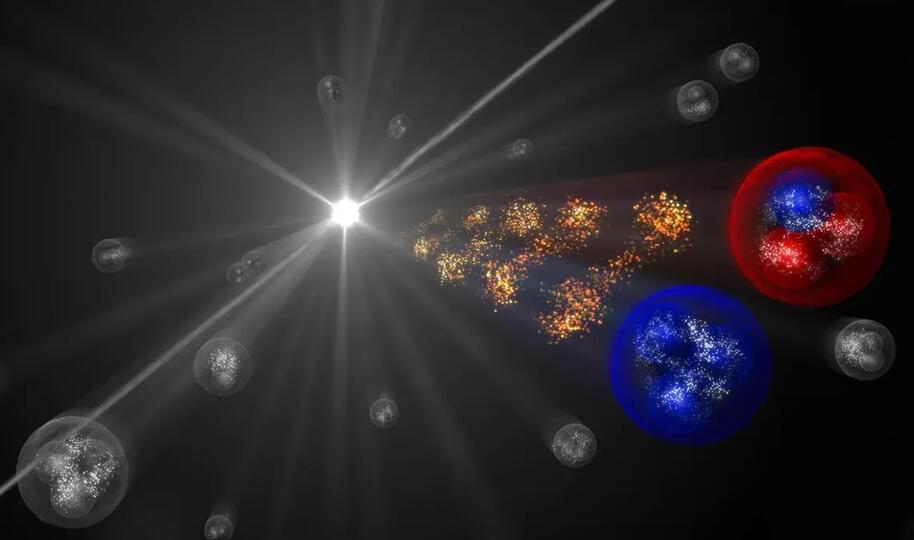Gravitational waves could help us crack the case.
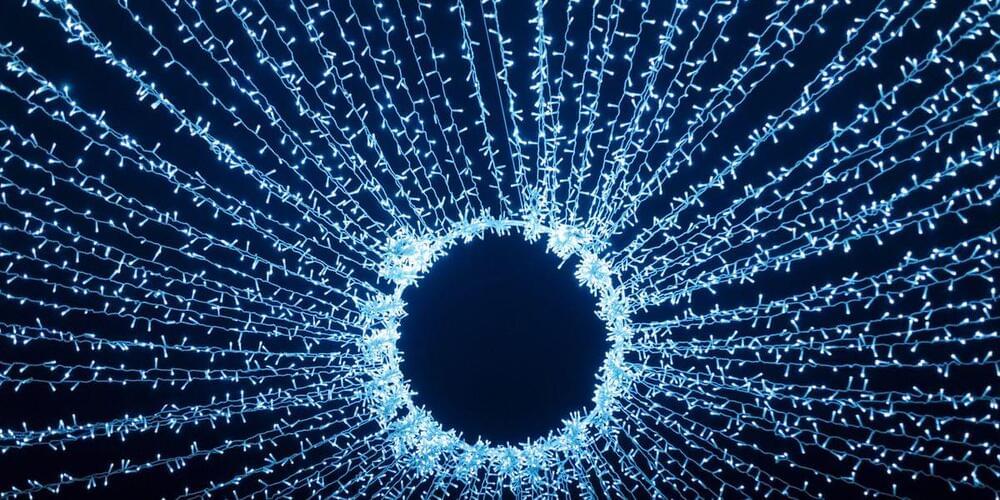

Tachyons, the hypothetical particles that travel faster than light, have long fascinated scientists and enthusiasts. In this video, we explore how the McGinty Equation (MEQ) serves as a groundbreaking tool in understanding these elusive particles. Delve into the world of quantum mechanics, fractal geometry, and gravity as we uncover the potential of tachyons to revolutionize science and technology. From their intriguing properties, such as imaginary mass and energy reduction at high speeds, to their implications for faster-than-light communication and interstellar exploration, this video is a journey into uncharted territories of physics.
We also discuss the quest to detect tachyons, innovative experimental methods, and the role of MEQ in guiding researchers. Could tachyons be the key to unlocking new dimensions, explaining dark matter and energy, or understanding the origins of the universe? Join us in this deep dive into the unknown and discover the potential future of tachyon research.
#Tachyons #McGintyEquation #QuantumMechanics #FractalGeometry #FasterThanLight #ImaginaryMass #QuantumPhysics #AdvancedPhysics #TachyonResearch #LightSpeedPhysics #QuantumFieldTheory #ScientificDiscovery #SpaceTime #InterstellarTravel #DarkMatter #DarkEnergy #FasterThanLightCommunication #PhysicsBreakthrough #CosmicMysteries #HypotheticalParticles
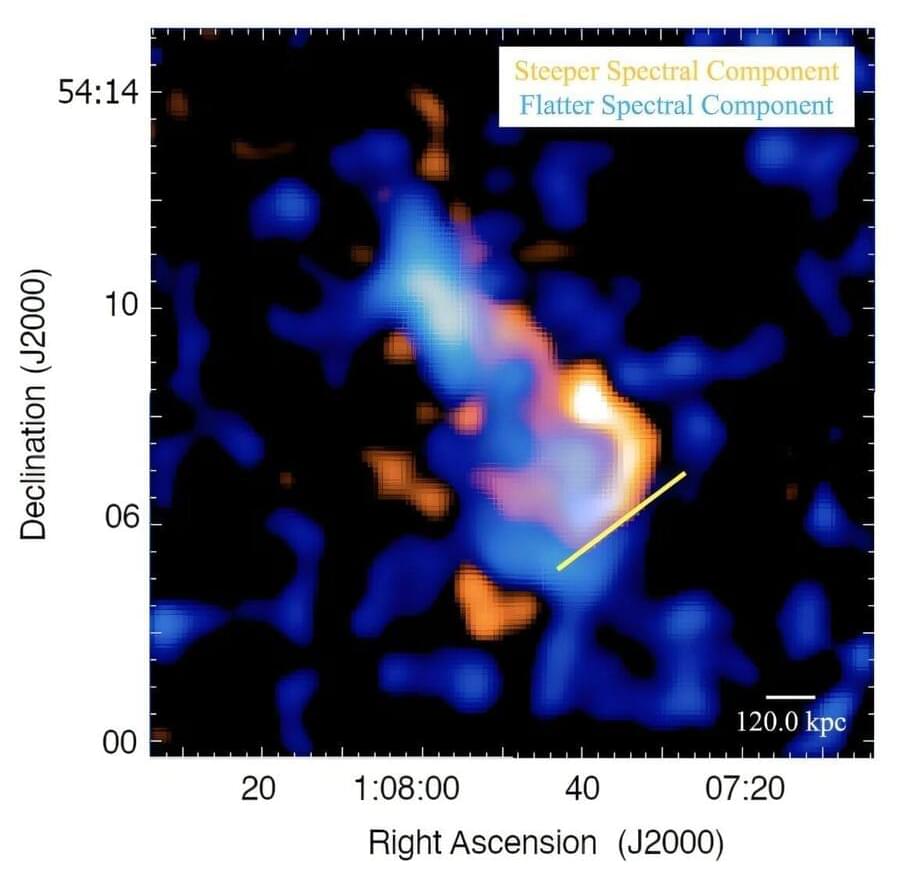
Using the Very Large Array (VLA), an international team of astronomers have observed a nearby galaxy merger known as CIZA J0107.7+5408. Results of the observational campaign, presented December 20 on the preprint server arXiv, could help us better understand the merging processes that take place between galaxy clusters.
Galaxy clusters contain up to thousands of galaxies bound together by gravity. They generally form as a result of mergers and grow by accreting sub-clusters. These processes provide an excellent opportunity to study matter in conditions that cannot be explored in laboratories on Earth. In particular, merging galaxy clusters could help us better understand the physics of shock and cold fronts seen in the diffuse intra-cluster medium, the cosmic ray acceleration in clusters, and the self-interaction properties of dark matter.
At a redshift of approximately 0.1, CIZA J0107.7+5408, or CIZA0107 for short, is a nearby, post-core passage, dissociative binary cluster merger. It is a large, roughly equal mass disturbed system consisting of two subclusters, hosting two optical density peaks, with associated but offset X-ray emission peaks.
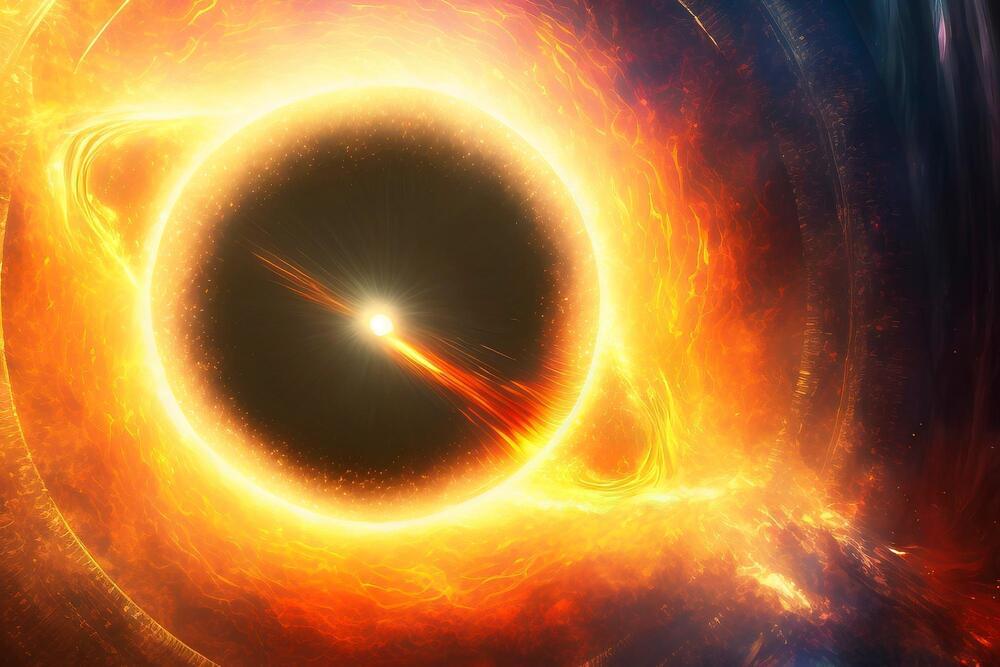
Einstein’s theory of general relativity describes the inevitability of singularities, which are obscured by black holes according to Penrose’s cosmic censorship conjecture.
Recent studies indicate that quantum mechanics might reinforce this idea, proposing a quantum Penrose inequality that relates entropy to space-time metrics in the vicinity of black holes.
General Relativity and Singularities.
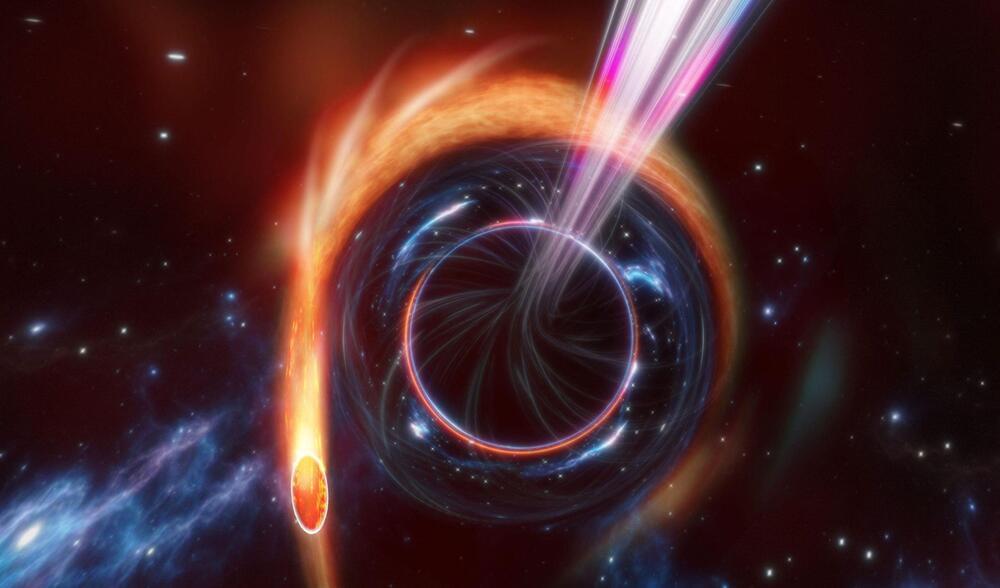
Synchronicity!😉 Just a few hours ago I watched a video which stated that the philosopher Henri Bergson argued our linear perception of time limited our ability to appreciate the relationship between time and consciousness.
What if our understanding of time as a linear sequence of events is merely an illusion created by the brain’s processing of reality? Could time itself be an emergent phenomenon, arising from the complex interplay of quantum mechanics, relativity, and consciousness? How might the brain’s multidimensional computations, reflecting patterns found in the universe, reveal a deeper connection between mind and cosmos? Could Quantum AI and Reversible Quantum Computing provide the tools to simulate, manipulate, and even reshape the flow of time, offering practical applications of D-Theory that bridge the gap between theoretical physics and transformative technologies? These profound questions lie at the heart of Temporal Mechanics: D-Theory as a Critical Upgrade to Our Understanding of the Nature of Time, 2025 paper and book by Alex M. Vikoulov. D-Theory, also referred to as Quantum Temporal Mechanics, Digital Presentism, and D-Series, challenges conventional views of time as a fixed, universal backdrop to reality and instead redefines it as a dynamic interplay between the mind and the cosmos.
Time, as experienced by humans, is more than a sequence of events dictated by physical laws. It emerges from our awareness of change, a psychological construct shaped by consciousness. Recent advancements in neuroscience, quantum physics, and cognitive science reveal fascinating parallels between the brain and the universe. Studies suggest that neural processes operate in up to 11 dimensions, echoing M-Theory’s depiction of a multiverse with similar dimensionality. These insights hint at a profound structural resemblance, where the brain and the cosmos mirror each other as interconnected systems of information processing.
Quantum Temporal Mechanics goes further, positing that consciousness not only perceives time but actively participates in its manifestation. In quantum theory, the observer plays a pivotal role in collapsing wavefunctions, a process that may extend beyond the microcosm to the fabric of reality itself. Various interpretations of quantum mechanics, such as Quantum Bayesianism and Consciousness Causes Collapse theory, support the idea that the observer’s awareness helps shape how time unfolds. In this framework, the flow of time becomes a participatory phenomenon, where consciousness and the universe co-create the temporal experience.
The implications of this perspective are far-reaching. By placing consciousness at the center of temporal reality, D-Theory suggests that the universe operates as a self-simulating quantum neural network—a vast, intelligent system continuously evolving and self-regulating. Reality itself becomes an active, dynamic process in which every quantum event contributes to the universe’s collective intelligence, much like neurons firing in a biological brain. This conceptualization reimagines the universe as a living, thinking entity, where time, space, and experience are constructs shaped by a universal consciousness.
Understand the key concepts of Quantum Physics and the Multiverse in 15 minutes.
What lies ahead in the aftermath of the Technological Singularity? Could the latest scientific breakthroughs refine our theological understanding? Do we live in a simulated multiverse? Are we alone in the universe? Can we achieve cybernetic immortality? When and by what means might we transcend our human condition? These profound inquiries are at the core of this enlightening volume.
#Theogenesis #CyberneticTheoryofMind #posthumanism #consciousness #evolution #cybernetics #theosophy #futurism #SyntellectHypothesis #PhilosophyofMind #QuantumCosmology #ComputationalPhysics #PressRelease #NewBookRelease #AudibleAudiobook #AmazonKindle
Ecstadelic Media Group releases THEOGENESIS: Transdimensional Propagation & Universal Expansion, The Cybernetic Theory of Mind series by Alex M. Vikoulov as an Audible audiobook in addition to a previously released Kindle eBook (Press Release, Burlingame, CA, USA, December 21, 2024 07.17 AM PST)
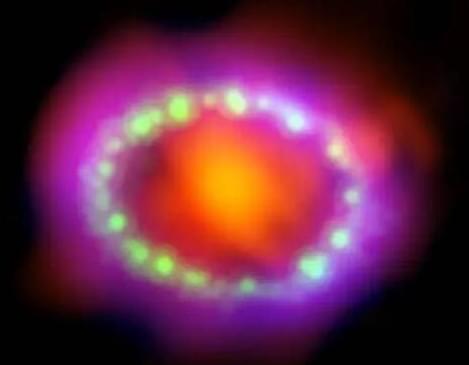
The mystery of dark matter could be solved in as little as 10 seconds.
When the next nearby supernova goes off, any gamma-ray telescope pointing in the right direction might be treated to more than a light show – it could quickly confirm the existence of one of the most promising dark matter candidates.
Astrophysicists at the University of California, Berkeley predict that within the first 10 seconds of a supernova, enough hypothetical particles called axions could be emitted to prove they exist in a relative blink.
